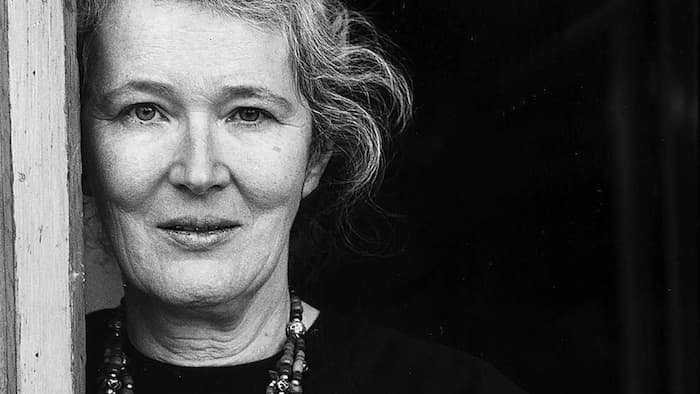A biography that reassesses the writer’s legacy, emphasising purposeful choices and intellectual energy over fairy charms
(Alexandra Harris, Financial Times)

In Bristol in her twenties, all in black with a Jimi Hendrix haircut under a floppy-brimmed hat, reading Freud and medieval romances in tandem, writing her first novels at phenomenal speed, Angela Carter was already acting on what she acknowledged to herself as a “need to be extraordinary”. Then she took an improbable leap from a constraining marriage to a passionate affair in Japan. She thanked her friend Carole Roffe for giving her the courage: for “prodding & pushing & propagandising me so that I took my life into my own hands”. She wanted to be author of her own story, she wanted “a bit of flash”, she wanted to experiment and to startle.
This gripping biography, brimming with new material, comes 24 years after Carter’s death and is the first full account of her life. It is not by anyone who knew her, or a feminist of her generation, but by the young literary critic Edmund Gordon, now a lecturer at King’s College London. He was granted access to 30 years’ worth of journals and mounds of correspondence, all the stores of writing and remembrance that readers have so far had to do without. He has undertaken feats of scholarship and written an admirably clear-sighted book.
The Invention of Angela Carter is much more about purposeful choices and intellectual energy than about sorcery or fairy charms. Carter’s gleeful whimsicality is here (among the Victorian bric-a-brac in her study and the circulating budgerigars) but it’s a grace note. Gordon mistrusts the tendency to mythologise Carter as a white witch of modern literature, and thinks the provocative, high-risk elements of her feminism have too often been flattened to fit political readings of her work. His response is to emphasise her exhilarating intelligence and astute wit, the complex balance between her generosity, carefulness and cruelty, the resilience she shared with the tough comic heroes she most admired, and the extreme self-consciousness she manipulated into a happier kind of self-possession.
Carter’s young life was shaped by a mother who would not let her go. She was dressed up, cosseted, watched over in ways more damaging than protective. University promised no release because, dreadfully, when Angela considered applying for Oxford, her mother spoke of coming too. Later she would keep writing (as in The Magic Toyshop) about airless Edens where innocence lasts too long. (read the full review at the FT)

